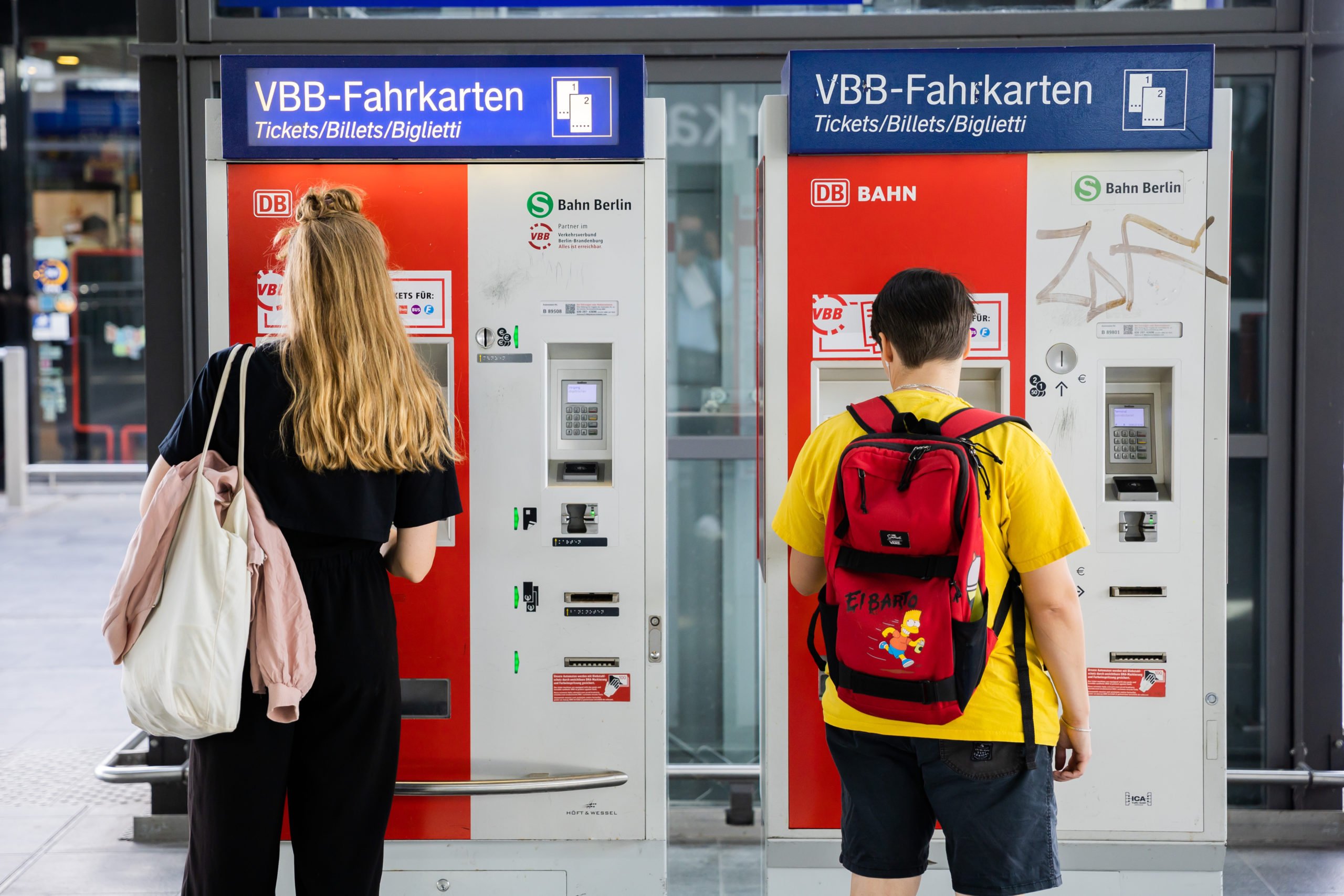Even the classics such as Berlin’s horse chestnuts and plane trees are looking increasingly damaged prompting, consideration to be given to their replacement.
The project is part of a Berlin-Brandenburg project to find solutions to the climate changes expected over the coming decades. Other German regions are also at work trying to figure out how to keep cities green and cool in the future.
Scientists at a nursery in Kleinziethen just outside the city have planted around 80 exotic trees and are testing them to determine how well they might stand up to the increasingly dry conditions expected in the region over the coming years, according to a report in Die Welt.
The trees come largely from Japan, China, America or southern Europe. “We have chosen species which come from regions which are hot in the summer and dry, require as little care as possible, and are tough enough for the winter,” said Matthias Zander from the agriculture department of the Humboldt University.
As project leader he is in charge of 15 specimens of each species under investigations. Five will get optimal watering, five get less and the last five will be subjected to what he called ‘acute dry stress’. This last group is to stimulate the kind of long dry periods which are to be more often expected in the northeastern region of Germany.
The German Weather Service expects Germany to experience drier summers and wetter winters over the coming years and decades, with city environments becoming less suitable for trees through the stored heat and the covered ground.
“The picture offered by street trees will probably look more exotic in 20 years than we know it today,” said Zander.
Those species he is working with include the juneberry from northern America, whose leaves turn bright yellow and orange in the autumn, as well as the Chinese handkerchief tree, which has flowers which look like white handkerchiefs hanging from the branches, and the Japanese Katsura tree, which smells of burnt sugar or cakes when their bright orange autumn leaves fall.
Scientists in Bavaria have already planted several hundred trees in three cities as part of the Stadtgrün 2021 project to see how they grow and develop in the 21st century urban conditions.
Results from the tree tests are expected in a number of years, Die Welt said.
The Local/hc





 Please whitelist us to continue reading.
Please whitelist us to continue reading.
Member comments